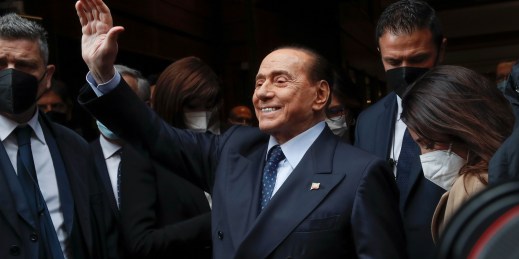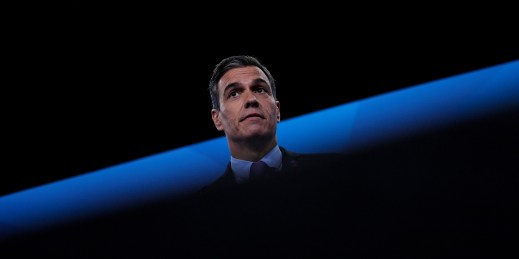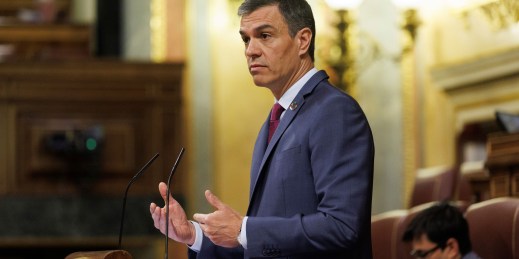
In Italy, reflections on Silvio Berlusconi’s career have tended to view him as a figure whose influence began to wane a decade ago. For observers in countries where populist politics have emerged more recently, he embodies trends that still define Europe’s fractious politics. These clashing narratives each have a grain of truth.





